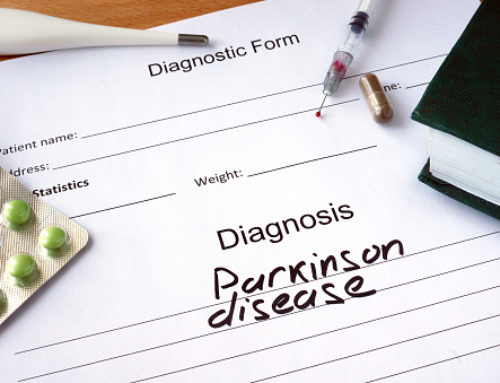More than one million people are affected by Parkinson’s disease in the US today. So, there are many issues that their caregivers are needing to face every day. As a caregiver, you should know about the issues that this disease poses for your loved one. You also should be aware of ways that you can mitigate the damage the disease does, and how to help improve your loved one’s quality of life.
Some of the areas where caregivers can help the patient are in the following areas:
Medication Management
Your loved one will need to take a variety of drugs to help to manage the symptoms of the disease. Some drugs manage movement-related symptoms, while others help with depression and mood. If your loved on has dementia, there are other drugs that can manage symptoms there as well.
Tips:
- Keep all of her medications in their original containers so they are easy to identify
- Keep a list of her medications in case someone else needs to step in and handle her drug regimen
- Take the list of drugs to every doctor appointment, especially if you are going to a new doctor
- Think about using medication reminders for the day of the week or time, so you can keep her schedule straight (consider the MediChest Curved Weekly Pill Organizer, or the Detach-N-Go Pill Box).
- Keep your family and friends well informed about the medication schedule, especially if you provide most of her care.
All of these medications are costly, so you may want to consider applying for patient assistance programs available through major pharmaceutical companies. These firms are mandated by the government to have patient assistance programs for people who may not be able to pay for drugs needed for chronic medication conditions.
Lifestyle Changes
The disease may not require an immediate change in your loved one’s lifestyle. But adjustments will need to be made over time. For instance, she may need physical therapy eventually to deal with some of the more debilitating effects of tremors and rigidity. Medication can help, but over time, the effect of the drugs diminish, and physical therapy will be needed. These treatments can help your loved one to move more easily as the disease gets worse.
A good exercise program will help to delay the onset of some of the physical symptoms of Parkinson’s. However, you do need to consider the limitations of the patient as you engage her in exercise. If she likes to swim, you will want to stay close by her side. If she has a freezing episode in the pool, this could be very dangerous. Swimming can still be done and enjoyed, but just with some proper caution.
By keeping these caregiver tips in mind, you can help to make both of your lives easier, and help to keep your loved one active.


